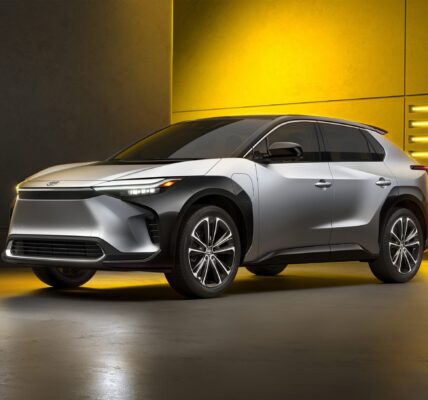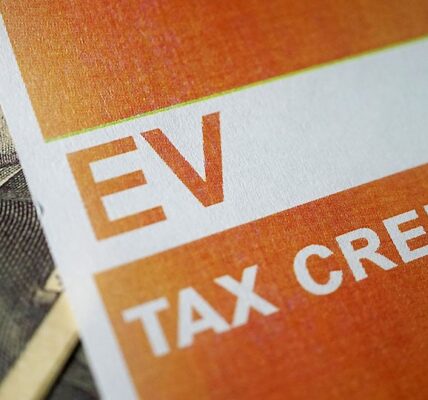Normally a new year brings a renewed focus on getting things done in Washington. But with Congress accomplishing little in 2023 and attentions now shifting to the November elections, it is more prudent than ever that the policy agenda of our nation’s leaders reflect what’s best for our collective future, not politics.
Take this administration’s campaign to spread electric-vehicle (EV) technologies. There is no doubt that EVs will be part of America’s future. But decisions made by President Biden and his allies to incentivize and rush the adoption of EVs into the American transportation sector will have unintended consequences. Most unrecognized being the implications on our national security priorities.
Back in April, the Environmental Protection Agency (EPA) introduced a rule that would regulate the tailpipe emissions of light-, medium- and heavy-duty vehicles. The rule aims to have roughly two-thirds of automobiles sold in 2032 to be electric. However, proponents of these types of heavy-handed government policies fail to account for the realities of the global EV market and importantly the dominance held by the Chinese.
For the last 15 years, China has solidified various investments within the EV value chain, fortifying its position of power in this rapidly expanding market. China dominates the market for rare earths reserves, mineral extraction, and battery production, all of which are integral to the production of EVs. And while the U.S. Geological Survey estimates China only has about 36% of the globe’s rare earths reserves, it has come to control 70% of the world’s extraction capability and nearly 77% of the world’s battery manufacturing capacity.
It’s this condition that makes a concerted push toward EVs risky because clearly to get more electric vehicles, Americans will increase our reliance on China.Recently a letter cosigned by me, and 16 other national security experts highlight these details and the associated risk that continued overexposure to China could mean for public officials. the U.S. automobile market will be inadvertently tied to Chinese interests, making prices and markets more susceptible to Chinese manipulation.
For example, in October China announced intentions to enforce export restrictions on graphite, a mineral that makes up the largest amount by volume and mass of an EV battery. The country has a history of weaponizing trade as a means to exert its power. As Columbia’s Center on Global Energy Policy explained, the move was clearly “part of China’s broader strategy of flexing its economic muscle in response to escalating trade tensions with the United States.” If we continue to push the status quo, Americans will more likely face a trade war with China rather than a fully integrated, electrified future.
Instead of electrification strategies and regulations that will artificially increase EV demand, we need to ensure that domestic investment and infrastructure opportunities are our first priority and establish policies that will level our playing field with China. One place to start would be enabling more domestic mineral and battery production with a timely and effective permitting process.
Thankfully, national security voices like ours aren’t the only ones sounding the alarm. Recently, dozens of Congressional members in both the Senate and House wrote a likeminded letter to EPA Administrator Michael Regan, expressing concern over this aggressive plan to reduce vehicle emissions and flood the nation with EVs. Additionally, the House passed the Choice in Automobile Retail Sales Act of 2023 (CARS Act) at the end of last year, which affirms American security and independence, and would force leaders to think of solutions that will responsibly and equitably transition people to EVs.
Pushing forward with emissions rules and mandates will only serve to undermine Americans’ national security. President Xi Jinping’s recent speeches at the G20 make it clear that China wants to maintain its position at the top of this market and is continuing investments to do so. As stated in our letter, we must strengthen our market share and capabilities before hastening the clean energy transition. In this way, we can stand up for freedom and democracy, rather than submit to Chinese domination, and secure a prosperous economic future for us all in the 21st century.








